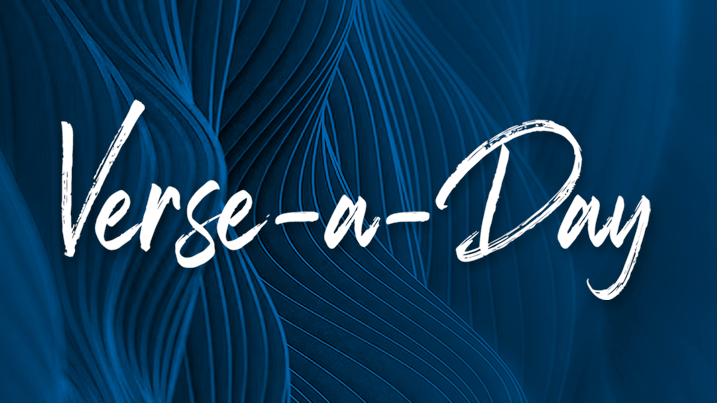The fulfilment of the Law - 18 June 2024


By Ewald Schmidt
Um(Imi)bhalo weBhayibheli
NgokukaMathewu 5
Jesus came to teach his followers a new way of living. The first readers of the Gospel of Matthew were mostly Jewish. They grew up in the teaching of the Torah, the Law of Moses. Jesus points out that they also had much exposure to the teachings of the Pharisees and scribes of their time. These church leaders had their own version of how the Law should be interpreted and obeyed; in written form it was called the Mishnah. They taught the people that the way of salvation was found in strictly obeying their version of the Law. Much was made of the letter of the Law, but the spirit of the Law was sadly lacking. One example found in the Mishnah, chapter 6, is that a man shall not walk with pointy sandals on the Sabbath, as this could be seen as working – you are busy ploughing. It was humanly impossible to keep all the laws and people were kept under the impression that it is impossible to find peace with God.
When we read the Ten Commandments in Exodus 20, it starts with the revelation that God saves – he has freed his people from the slavery of Egypt. As people who are freed from slavery, we are called to live a life that testifies about this salvation. The Law was given to Moses to distinguish between God’s children and the rest of the world. The heart of the Law was about relationships. The first four commands regulate our relationship with God, the next six our relationship with our fellow man.
When we read the pages of the Old Testament, we see story upon story of human disobedience to the Law of God. Mankind was unable or unwilling to obey the commands of God. We are prone to living our lives following our own desires; we even want to serve God on our own terms. As a result of our own inability to obey God, breaking covenant with him every time, God has sent his Son to be obedient in our place. He took the price of all our sin and transgressions upon himself, and died for us on the cross. Jesus obeyed the Law of God perfectly in our place, so the demands of the Law were fulfilled by the Son of God. He became the Prince of Peace who restored our relationship with God. He also renews us to restoration in our relationships with one another. Jesus paid the ultimate price to set us free! The heart of the Law found its fulfilment in Christ.
Prayer: Thank you, Lord Jesus, that my salvation is not dependant on my ability to obey all the commands of the Law. I could not save myself by being good. But you took my sins and paid the price for it all. You restored me as a child of God. You teach me to love my neighbour as you have loved me. So, the demands of the Law were met in my life. Amen

